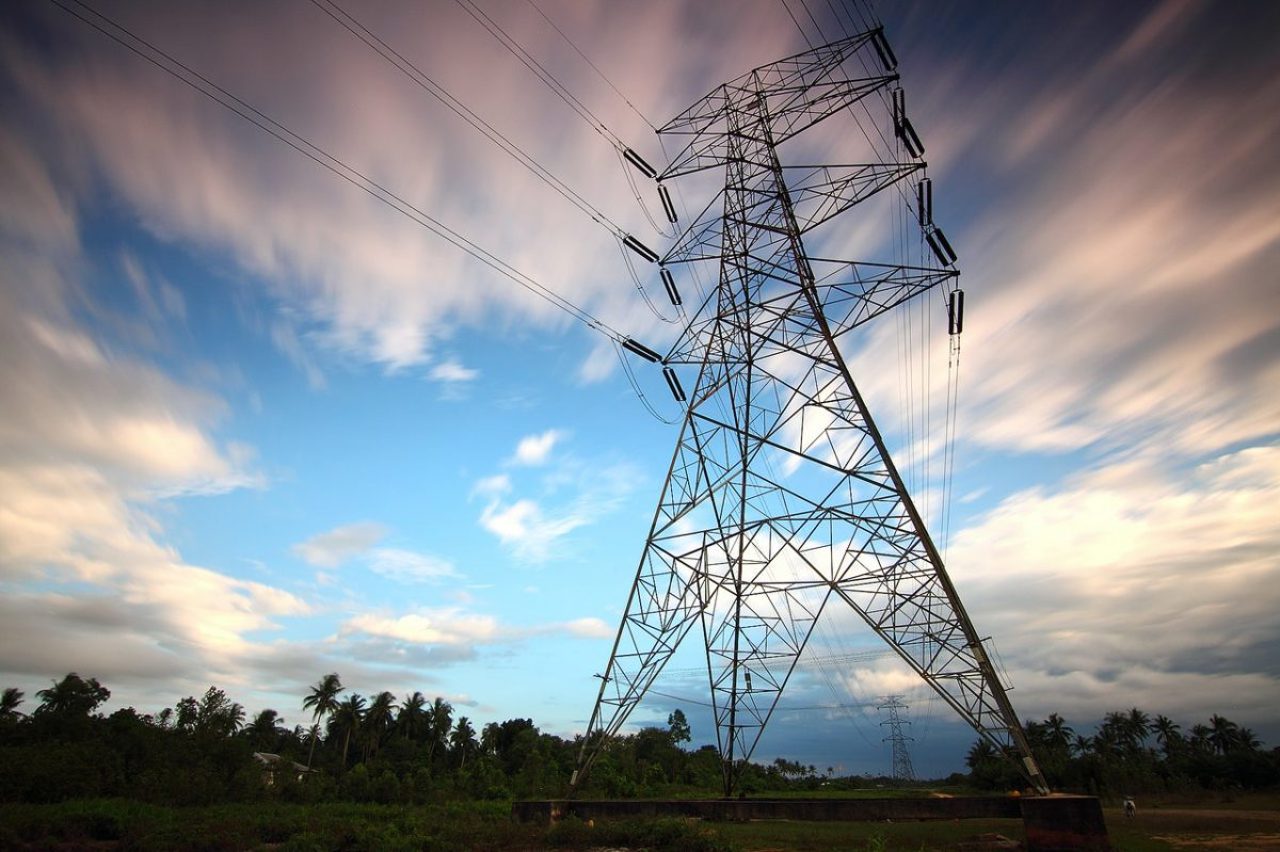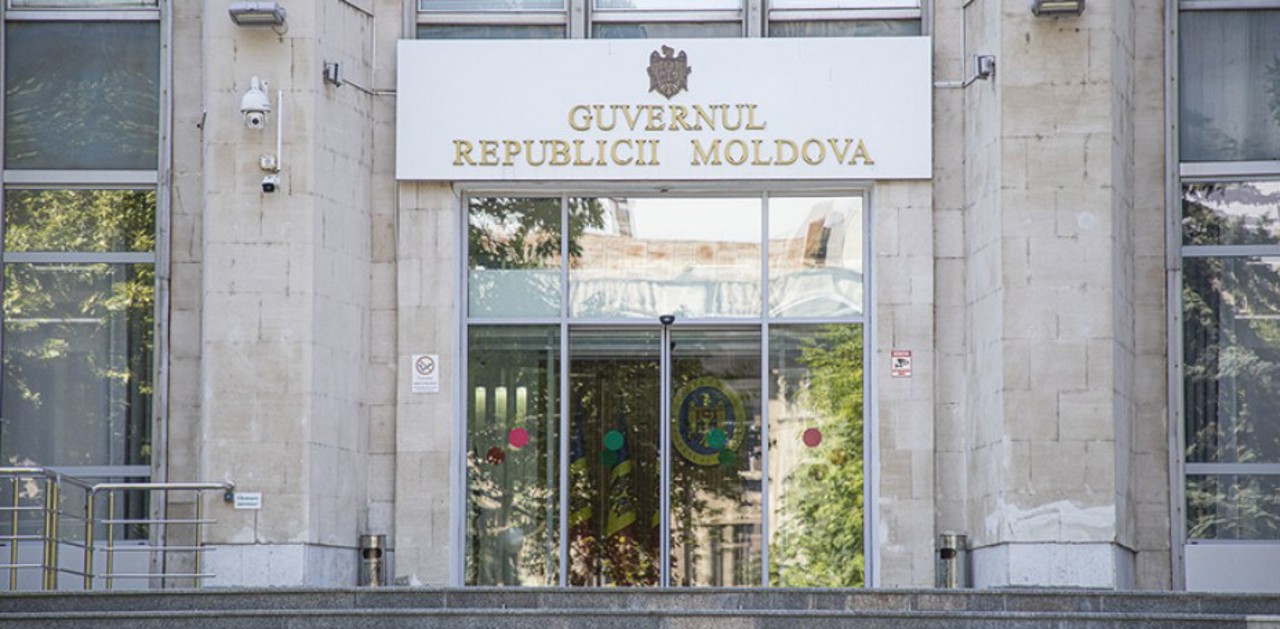Moldova takes steps to diversify energy sources, but challenges remain
Moldova's energy sector remains one of the most vulnerable areas of the country, 32 years after independence, according to energy expert Sergiu Tofilat.

Tofilat said that the country's dependence on Russia for natural gas and electricity gives Moscow the ability to blackmail Moldova at any time.
"If we stop supplying gas to the Transnistrian region today, we will be left without electricity or will have a power deficit," Tofilat said. "And today we still depend on Russia, which has used this to say that if we want to have energy, we must supply free gas to the Transnistrian region and put the debt on your shoulders."
To reduce energy blackmail from the Russian Federation, Moldova has taken small but important steps to diversify its suppliers. In 2007, the country built the Tocuz-Mereni gas pipeline, which allowed Chișinău to be supplied with natural gas directly from the Trans-Balkan pipeline.
In 2014, Moldova commissioned the Iași-Ungheni gas pipeline, which allows the country to import natural gas from European suppliers. As of December 2022, Moldova imports all of its natural gas from European countries.
However, Moldova's energy sector has been further challenged by the Russian invasion of Ukraine. In the fall of 2022, Russia launched consecutive attacks on Ukraine's energy infrastructure, which led to partial power outages in Moldova.
At the time, the Cuciurgan Power Plant suspended deliveries to the right bank of the Dniester, following a reduction in gas volumes by the Russian concern Gazprom, which violated contractual provisions. In this situation, Moldova purchased electricity from Romania, using Ukraine's high-voltage lines.
Tofilat said that the most important thing the current government needs to do is to complete the construction of the Chișinău-Vulcănești high-voltage line, which is essential for Moldova's energy independence.
"The project is underway and, just a few days ago, the first 400 tons of materials arrived," Tofilat said. "The line is scheduled to be completed in two years, in 2025. Then we will be able to import electricity directly, without having to pass through the Transnistrian territory."
Tofilat also warned that Moldova needs to constantly implement measures to strengthen energy security and diversify sources. "If we do nothing, it could take 104 years and we will still be there," he said.






